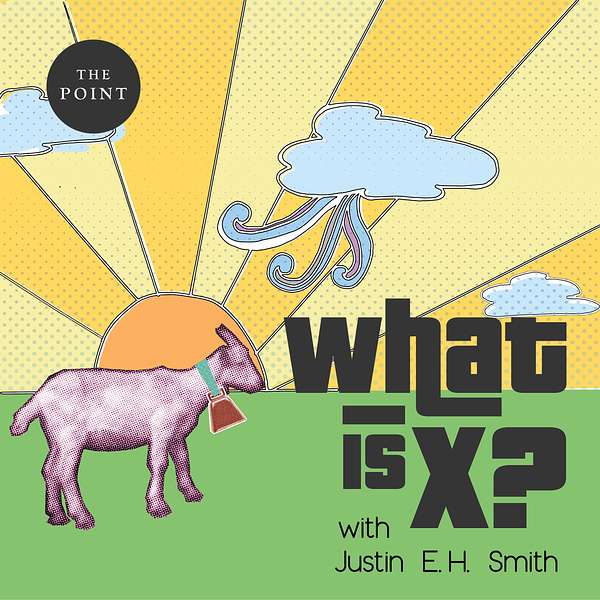
What Is X?
What Is X?
What Is History? | D. Graham Burnett
This week’s episode of “What Is X?” begins with a provocation: Does this conversation really need to be an hour long? Can’t Justin and this week’s interlocutor, D. Graham Burnett, just agree that history is what happens in the past, and let the bells of agreement ring? Naturally, they can’t, as Graham, a historian of science at Princeton and a longtime friend of Justin’s, well knows. Instead, Justin and Graham plunge into the history of defining history: if it’s not just all the events that happened in the past, what is it? Perhaps, then, it’s the process of recovering, documenting, describing and understanding those events. But is the asteroid that hit the earth 65 million years ago really in the scope of historical inquiry in the same way as the revocation of the Edict of Nantes? And if history is a kind of knowledge, as these colloquial definitions of history imply, don’t we first need to have a shared sense of what knowledge itself is before we can come to a consensus on the nature of history?